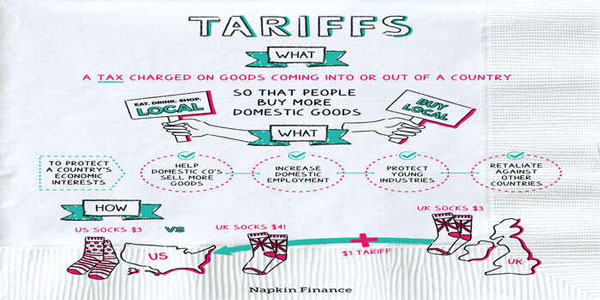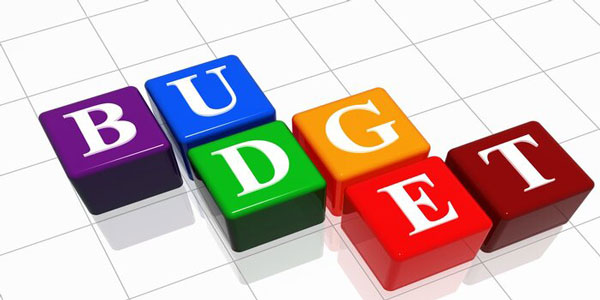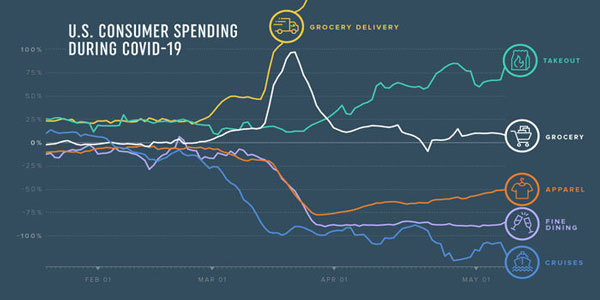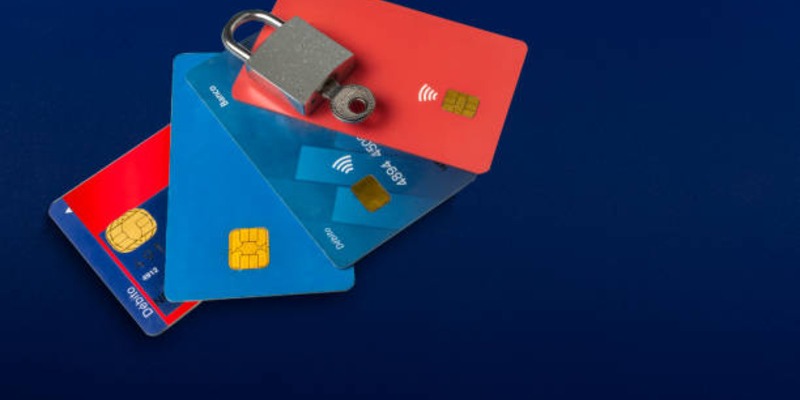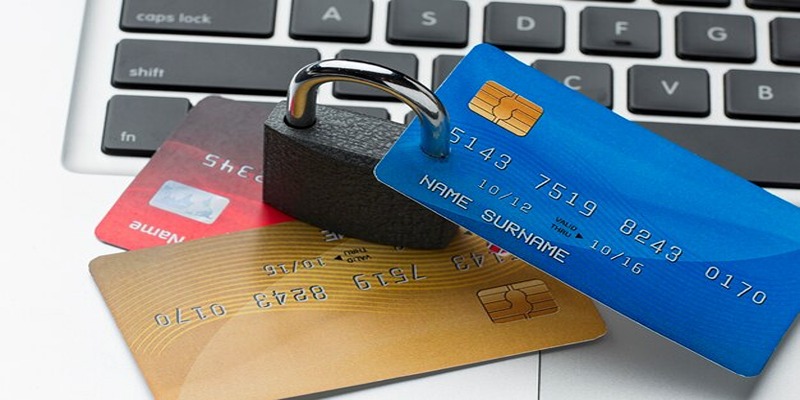If you are starting to develop your credit and are concerned that you won't be approved for an unsecured credit card, a prepaid card is a terrific solution. Prepaid cards remove the need for a credit check, allowing people with no credit history to benefit from the convenience of plastic.
College students and young people still developing responsible money management skills often opt for prepaid cards rather than traditional unsecured credit cards. Read on to learn more about prepaid cards and how they function.
What Exactly Is A Prepaid Card?
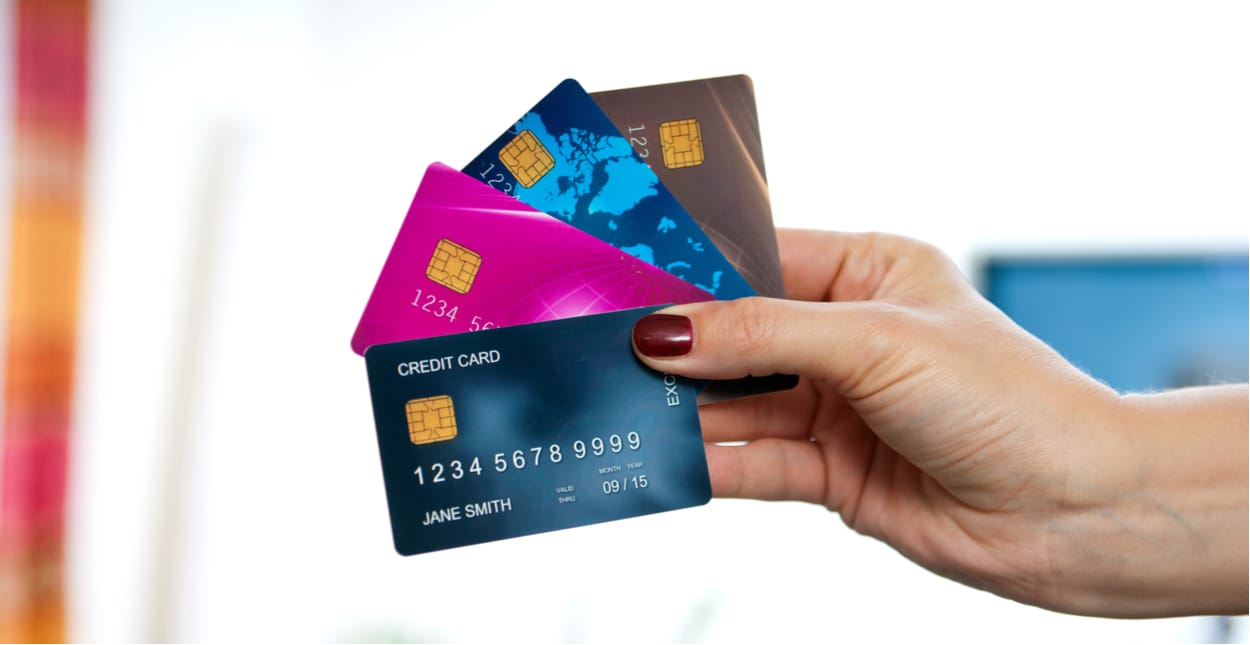
A prepaid card is a payment option that works like a debit card at retail establishments. Prepaid cards have a set balance that determines how much money may be spent.
As a result, the prepaid card may be used in place of a credit card for making purchases, but it won't generate any debt or interest fees as a credit card would. Alternatively, the funds on the prepaid card can only be used to make purchases.
If you want the convenience of a credit card but don't want to take on any debt, a prepaid card may be the best option. Paying using a prepaid credit card is a convenient alternative to using cash or checking accounts while shopping online or making payments. Many parents also use prepaid cards to instill financial responsibility in their offspring.
The Distinction Between Prepaid, Debit, and Credit Cards
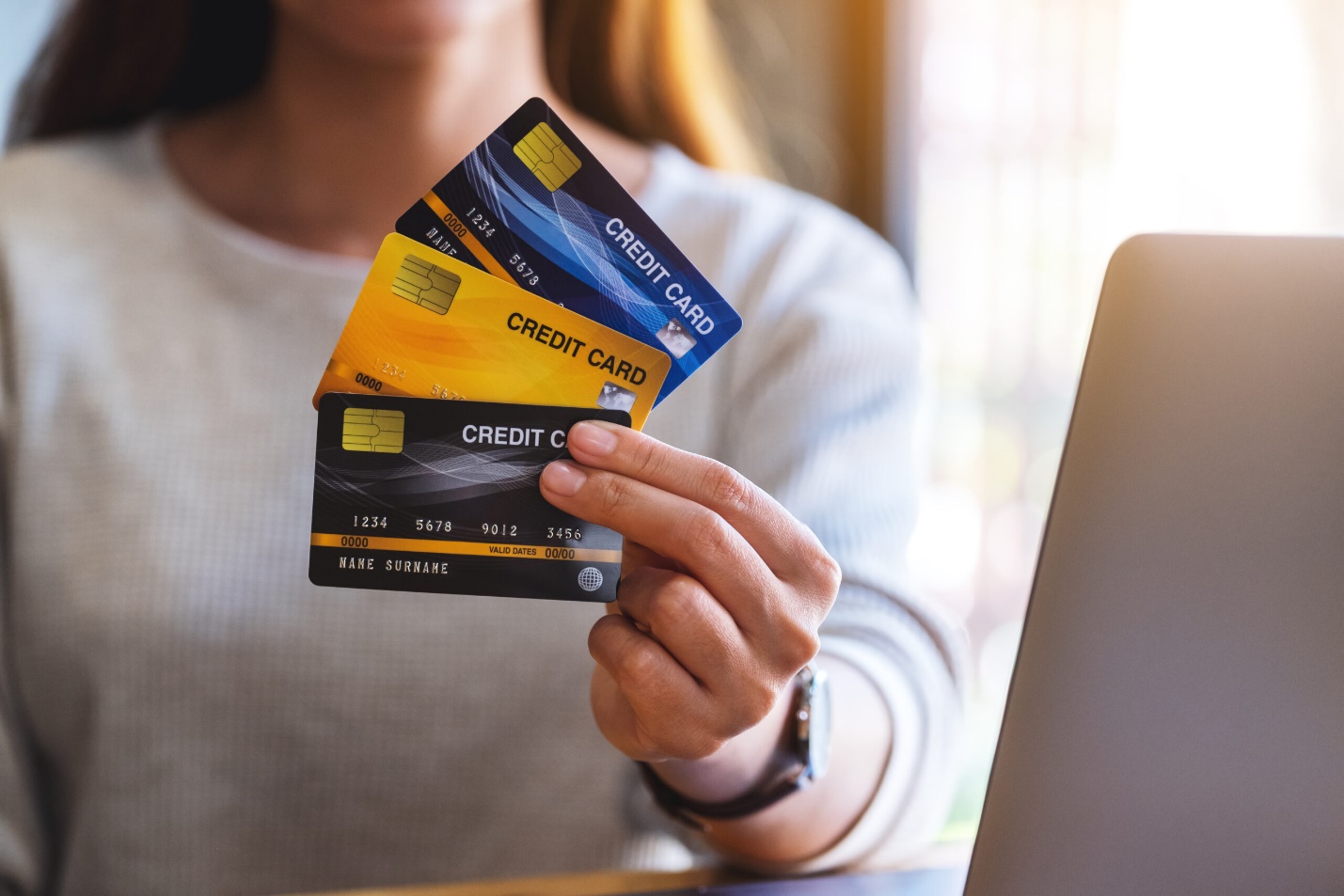
It might be tricky to directly compare prepaid cards and other payment methods like credit or debit cards. A prepaid card is similar to a debit or credit card in certain respects, but it also has unique characteristics.
Prepaid cards are not connected to a checking or savings account like debit cards are. Prepaid credit cards don't offer a credit limit like traditional credit cards. Banks and other financial institutions provide prepaid cards but have no relation to a checking or savings account.
Instead, you can only spend the funds you've added to the card. You are not making a down payment or paying interest on a loan.
The Benefits of Using a Prepaid Card
Access to Funds Is Easier
If you don't think you'll be approved for a credit card, a prepaid card may be the best option. The prepaid card issuer provides you with access to the card without a credit check.
It's a Safety Net
A prepaid card is a convenient method to save some savings aside in case of an unexpected need. Prepaid cards allow you to keep track of your spending and reload additional funds whenever you need them.
Overspending Is Not a Concern
In today's economy, many of us are easily swayed by discounts and promotions. Maintaining a healthy budget is a struggle when you're taking advantage of so many savings possibilities. This is where the convenience of a prepaid card, which has a predetermined balance, comes in useful. Prepaid cards remove the temptation to spend above your means, regardless of how many promotional mailings you receive.
Cons of Prepaid Credit Cards
Fewer Consumer Rights
There are fewer safeguards for prepaid cards than for regular credit cards. In 2019, the Consumer Financial Protection Bureau enacted more robust standards for issuers to communicate accurate information regarding prepaid account fees and broader consumer safeguards for prepaid accounts in case of mistakes, loss, or theft.
No Credit Score Impact
Since prepaid card use does not constitute a loan, the three major credit bureaus often do not get notifications of your purchases. While prepaid cards lack the security features of credit cards, they can nevertheless be helpful in the long run by teaching responsible money management skills like limiting spending to what is in one's account at any time.
Late Fines Add Up
Check the prepaid card's associated costs before committing to it. Withdrawing cash, reloading a card, checking a balance, and making transactions may incur charges with certain prepaid cards.
Prepaid Card Alternatives
Prepaid cards aren't for everyone, especially if you're looking for a card with a credit limit or to improve your credit score. However, additional choices are tailored to persons with poor or nonexistent credit. One such option is a secured credit card.
You might think of secured credit cards as credit cards that demand a cash deposit as collateral. The typical range for a credit line is between 50% and 100% of the opening deposit amount. Consumers with low credit scores often prefer secured credit cards because they allow them to establish positive credit history via responsible use.



